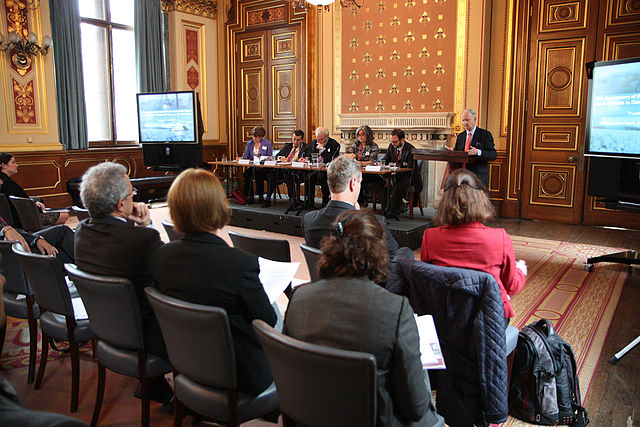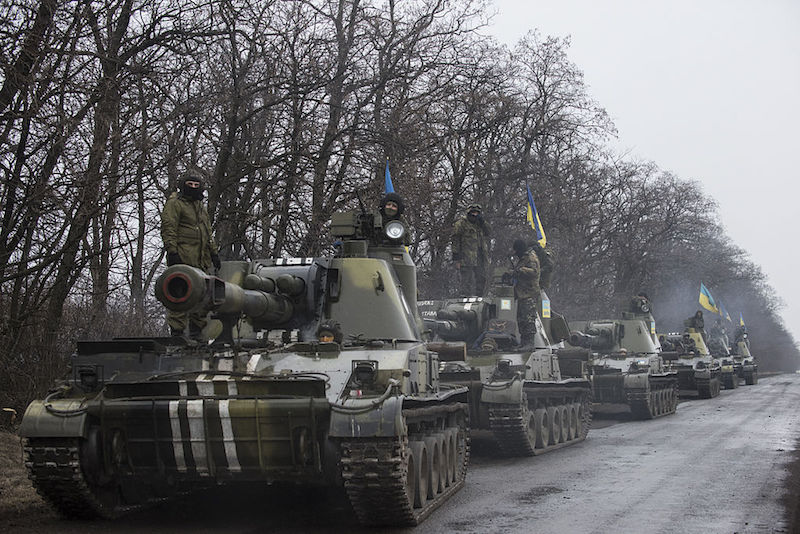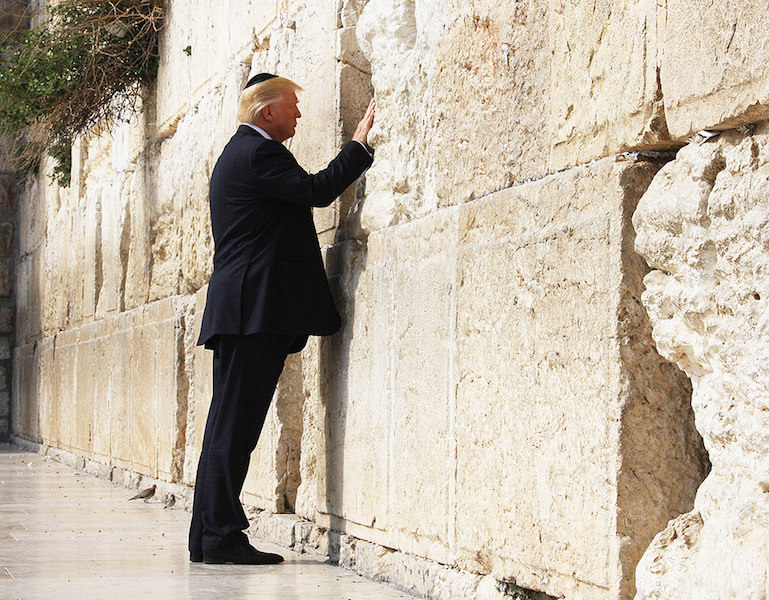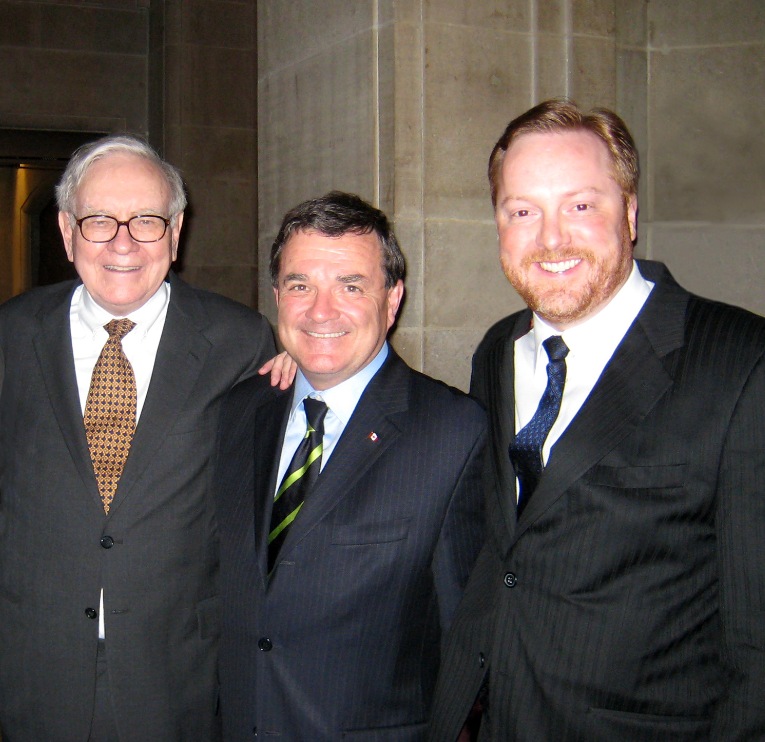On May 30, the International Criminal Court (ICC) scheduled Dominic Ongwen for trial on December 6, 2016, which will determine the verdict of his charges. The Ugandan national is an ex-commander of the Lord’s Resistance Army (LRA) who was charged for war crimes and crimes against humanity. The Presidency of the ICC assigned Judges Bertram Schmitt, Peter Kovacs and Raul C. Pangalangan to determine Ongwen’s fate. In addition, among the four prosecutors, is the world renowned Fatou Bensouda, who is known as the unrelenting tyrant hunter, and is determined to bring Ongwen to justice.
The LRA abducted Ongwen at the age of ten, when he was on his way to school. Soon after, Ongwen gained reputation and climbed up the chain of command to become the Commander of the Sinia Brigade. Serving for approximately 20 years, he quickly became a revered leader and one of the key leaders under Joseph Kony. Out of the five LRA top leaders, he is the only one who has been successfully detained by the court. Although the case was originally The Prosecutor v. Joseph Kony, Vincent Otti, Okot Odhiambo and Dominic Ongwen, on February 6, 2015, the court decided to avoid further delay, and to continue Ongwen’s case separately.
In 2013, the U.S. first released a $5 million reward for information or the capture of Ongwen. On January 5, 2015, Ongwen was captured by Seleka rebels in Central African Republic (CAR) from where he was transferred to U.S. custody, and later ICC detention. There have been several rumoured reports on Ongwen’s encounter with the Seleka, an alliance of militia rebel factions, with some stating that he had surrendered himself after a falling out with Joseph Kony. Nevertheless, Seleka rebels are still demanding their reward and public recognition for the capture.
Ongwen will have to account for war crimes committed during several coordinated attacks in 2003-04 and crimes of child conscription under the age of 15 between 2002 and 2005. Counting from the official arrest warrant issued under seal by the ICC in 2005, it took ten years to capture Ongwen and to initiate trial. With other leaders still absent from their day in court, this is evidence of the lack of an enforcement regime that the ICC requires to bring leaders like Ongwen to justice.
The prosecution gathered evidence from 123 witnesses, including their personal statements and interview transcripts, and records of intercepted LRA radio communications. Besides the witnesses, there will be an additional 2026 victims who have been granted the right to participate in the proceedings. On March 23, 2016, Chamber II of the ICC, confirmed the grounds for 70 charges brought by the prosecution at pre-trial, pursuant to the Rome Statute:
Article 25 (3)
(a) Commits crime, whether as an individual, jointly with another or through another person;
(b) Orders, solicits or induces the commission of a crime;
(d) In any other way contributes to the commission or attempted commission of criminal activity.
Article 28
(a) A military commander shall be criminally responsible for crimes within the jurisdiction of the Court committed by forces under his or her effective command and control, as a result of his or her failure to exercise control properly over such forces.
This trial will act as the ultimate test for the ICC and prosecutors. In the last ten years, the ICC has spent more than $1 billion with only two major convictions, which has troubled academics and politicians alike. With skeptics arguing about the ICC’s relevance and authority in the international order, this case has the opportunity to prove these skeptics wrong. A failure in convicting Dominic Ongwen could lead to a revolution in Uganda, a re-established LRA, suicide of many Ugandan victims who have pledged to commit suicide if Ongwen is not convicted, and disintegration of the ICC.
The defence counsel is working hard to get the charges thrown out, particularly Thomas Obhof, who is a Uganda-based U.S. lawyer stating that, “[Ongwen] was tortured… forced to watch people being killed, was used for fighting as a child soldier. Even the prosecution have said that what he went through is a serious mitigating factor”. As one of their strongest counter-arguments, the defence counsel is arguing that Ongwen is the victim to the same charges he is being accused of. In opposition to this defence, the prosecution is focusing on Ongwen’s competence, loyalty, aggression and rapid promotion as his motivation to commit these acts, rather than being forced to do so. Defence counsel will also argue that evidence provided by the prosecutors is unreliable and will question the validity of the decade old warrant that was issued against him.
The defence has built a strong case displaying Ongwen as the victim in these circumstances, to the point where a surprisingly large number of Ugandans find the defence convincing. The verdict itself will be of great importance, to establish how justice ought to be implemented in the international sphere, especially in terms of Ongwen’s past. Moreover, guilty or not, Ongwen’s particular case sheds light on the unsolved global issue of child soldiers. Uganda has struggled, for many years, to contain this contagious wrongdoing of warfare. Although Ongwen’s past does not absolve him of his unjust acts of inhumanity, it is important to acknowledge how youth development as a child soldier affected him and millions of other civilians. Ongwen is living proof of a young, hardworking, determined student whose driven motivation helped achieve his high-minded ambitions, with the wrong group.
Photo: 10th Anniversary of the International Criminal Court, by Foreign and Commonwealth Office via Flickr. Licensed under CC BY 2.0.
Disclaimer: Any views or opinions expressed in articles are solely those of the authors and do not necessarily represent the views of the NATO Association of Canada.




